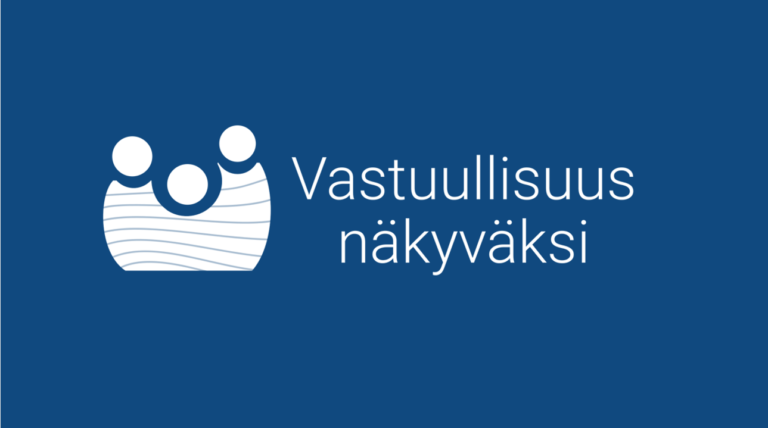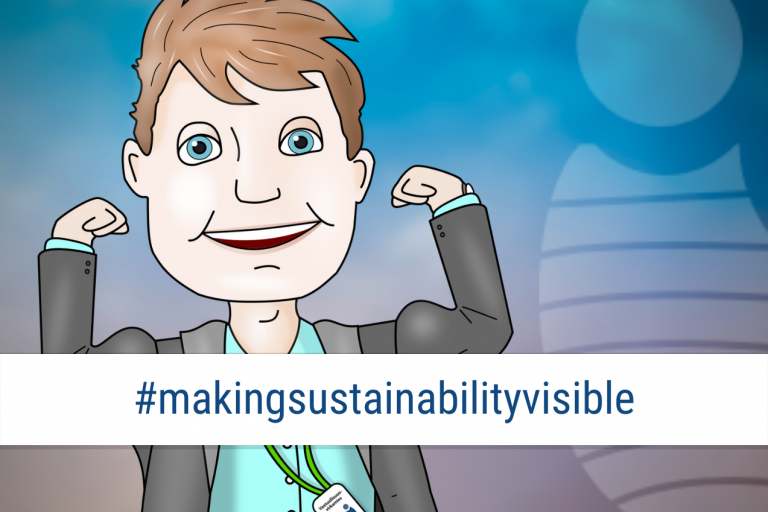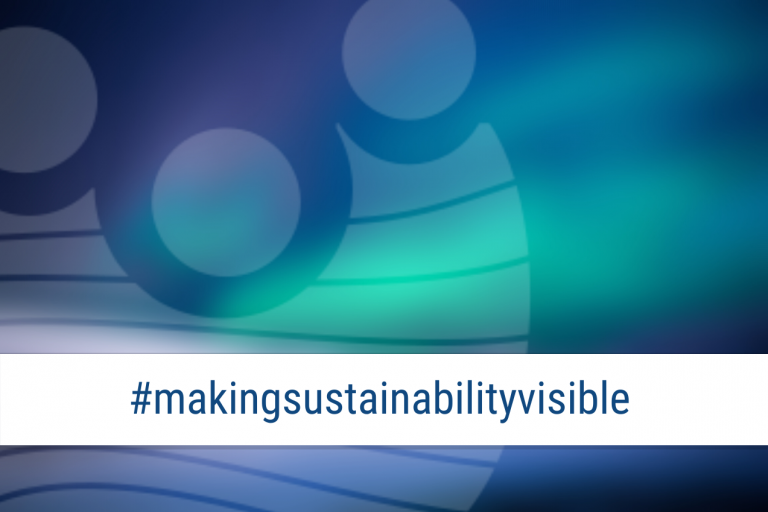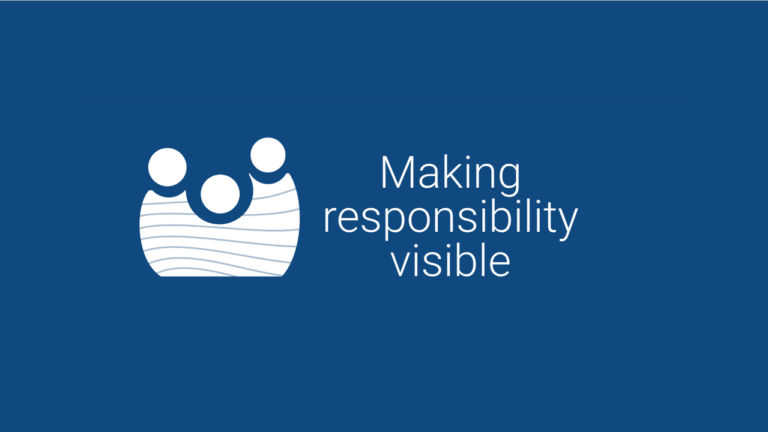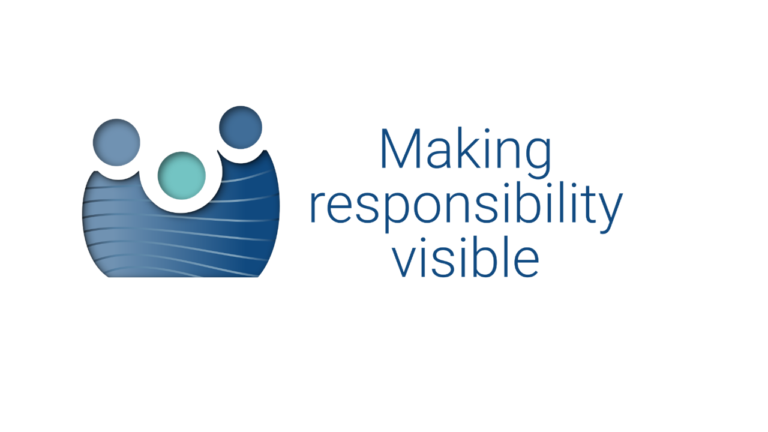Sustainability reporting is a way of making visible the work carried out by ministries, agencies and institutions to achieve positive and measurable societal benefits. The State Treasury instructs agencies and institutions to evaluate the effectiveness of their sustainability work from the perspective of the United Nations’ Sustainable Development Goals (SDGs). Assessing the direct and indirect negative impacts of the activities is also an important part of reporting.
High-quality measurement and reporting of sustainability work can improve the management of these activities in the organisation and thus promote SDG achievement. The State Treasury published its first sustainability reporting guideline on 9 November 2020 to help ministries, agencies and institutions prepare for the reporting. By expanding and improving sustainability reporting, the transparency and publicity of the sustainability work carried out by the central government can be increased.
“A reporting framework shared by the entire central government makes it possible to obtain commensurate and cumulative information on the responsibility of the activities. The aim of the guideline issued by the State Treasury is to help and support agencies and institutions in developing their sustainability reporting”, says Timo Laitinen, Director General of the State Treasury.
Finland is committed to the goals of the UN’s 2030 Agenda for Sustainable Development. The goals cover global sustainability challenges across a broad front. Each central government organisation can promote the achievement of these goals. The central government plays a significant role in Finnish society, and through different partnerships, Finland also exerts influence in international forums.
Key stakeholders’ views of the direction in which Finnish society should be developed inform the central government’s work carried out under the direction of the Government. It is the central government’s duty to oversee the work carried out to achieve common objectives. When setting the course for the activities, choices are made about the types of impacts these activities will have on society and the environment.
Evaluating effectiveness is a prerequisite for more extensive reporting
The foundation for sustainability reporting in ministries, agencies and institutions is laid by identifying the results of their work, and the effectiveness of these results, in promoting SDG attainment. The purpose of the guideline issued by the State Treasury is to support agencies and institutions in this work. A precondition for meaningful reporting is that the activities to be reported on have been clearly identified.
The State Treasury will issue a complementary guideline on the preparation of sustainability reports for ministries, agencies and institutions in summer 2021. Agencies and institutions will be instructed to use the central government’s common reporting framework to examine their activities in 2021. Sustainability reporting will take place separately from the preparation of accounting units’ financial statements.
Interlinked goals
The best results in the central government’s sustainability work and reporting will be achieved through cross-administrative cooperation. As the guideline for sustainability reporting is issued, the State Treasury invites all ministries, agencies and institutions to participate in making the work for sustainable development more transparent. When each central government organisation reports on the sustanability of its work, information on this work across the entire central government can be obtained.
Further information:
vastuullisuusraportointi(at)valtiokonttori.fi
Katri Kanerva, tel. +358 295 503 364, katri.kanerva(at)valtiokonttori.fi
Henni Purtonen, tel. +358 295 502 017, henni.purtonen(at)valtiokonttori.fi


